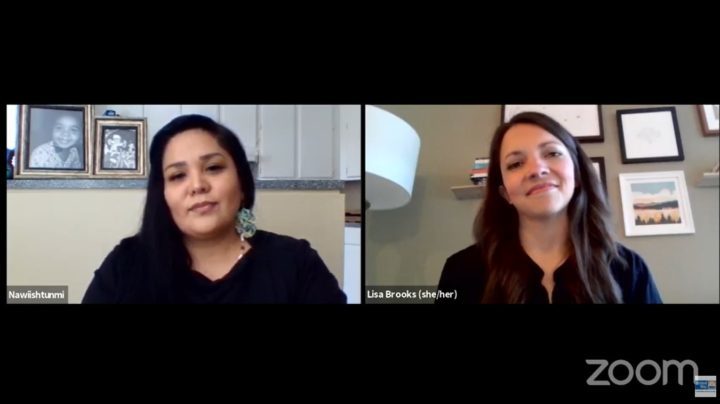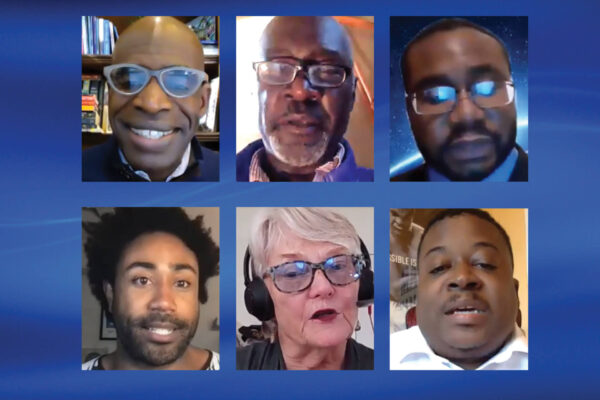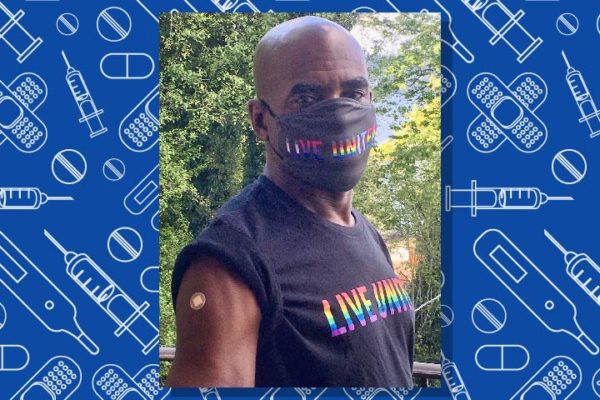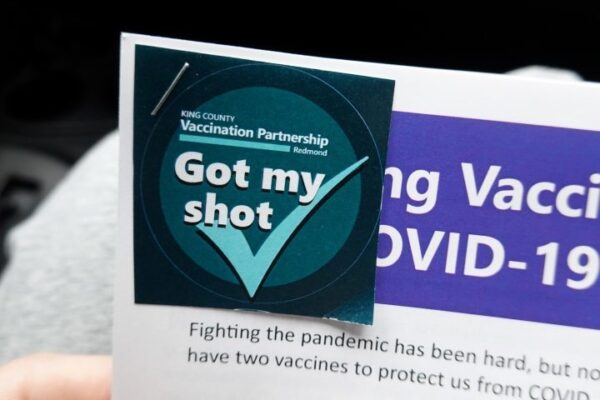Native Americans Hard-Hit by the Coronavirus Pandemic, Resilience through Culture
The coronavirus pandemic has hit Native Americans hard, but their culture has helped them to be resilient because of what they’ve had to endure over hundreds of years, Nawiishtunmi Conner told United Way of King County’s Lisa Brooks during a COVID-19 weekly livestream update.
Conner is the Housing Services Director at Chief Seattle Club, an organization that provides culturally relevant, basic human needs services to American Indian and Alaska Native people, many of whom have been disproportionally affected by the pandemic’s economic fallout. Those services include food, housing assistance, health care and legal services.
Conner said her organization provides a sacred space to affirm and renew the spirit of urban Native people. She added that when people seek help, the organization works with them to find out more about their tribal ancestry and background to understand them and to try to get them in touch with their families if possible.
“This isn’t the first pandemic that American Indians have gone through. We have a lot of strength in our history that we continue to show in the present day.”
Nawiishtunmi Conner, chief seattle club
“This isn’t the first pandemic that American Indians have gone through,” Conner added. “We have a lot of strength in our history that we continue to show in the present day.”
Native American people have been placed at a disadvantage by discriminatory policies dating back centuries. The coronavirus pandemic has exacerbated the inequities that already existed due to governmental and societal practices.
“We work with intergenerational trauma, and we try to let other providers know that our trauma is a little bit different because our trauma existed on this land, and it continues to perpetuate to this day,” Conner said.
Brooks, impact manager at United Way, invited Conner to talk about Chief Seattle Club’s efforts to help the urban Native community during the weekly livestream.
American Indians were already disproportionally experiencing homelessness, but Brooks said she is optimistic about the future.
She said many people who were experiencing homelessness but who were given motel rooms have found new hope because they have a “place with a bed and a sink to wash their hands.”
“We’ve been hearing amazing stories about the transformation that can happen within a person—having that stability and dignity of a room of their own,” Brooks added. “Those are things we need to keep doing.”
Conner told the story of a single mom who was living in her car for months and only recently contacted Chief Seattle Club, but now she is close to being housed, going to college and working.
“These types of moments, these types of crises, like we are in now, are really an opportunity to show what we’re made of, and I see so much of that happening right now.”
Lisa Brooks, United Way of King County Impact Manager
“These types of moments, these types of crises, like we are in now, are really an opportunity to show what we’re made of, and I see so much of that happening right now,” said Brooks. “People caring for each other, checking in on each other, holding each other from a distance. It’s made me think about how this crisis has brought the best out of us, but it’s already in us.”
One of the biggest challenges the organization is facing during the outbreak is not being able to see members face-to-face on a regular basis because of social distancing guidelines, Conner said.
“We’re a community that is connected, and not knowing where our members are, or not knowing how they’re doing because we don’t see them daily, that is a concern. We try to make sure they’re safe,” she added.





Comments